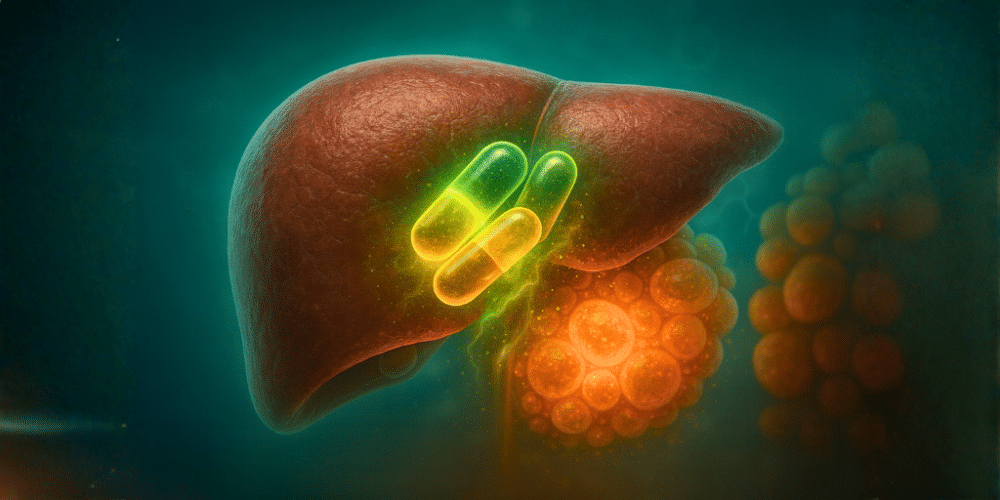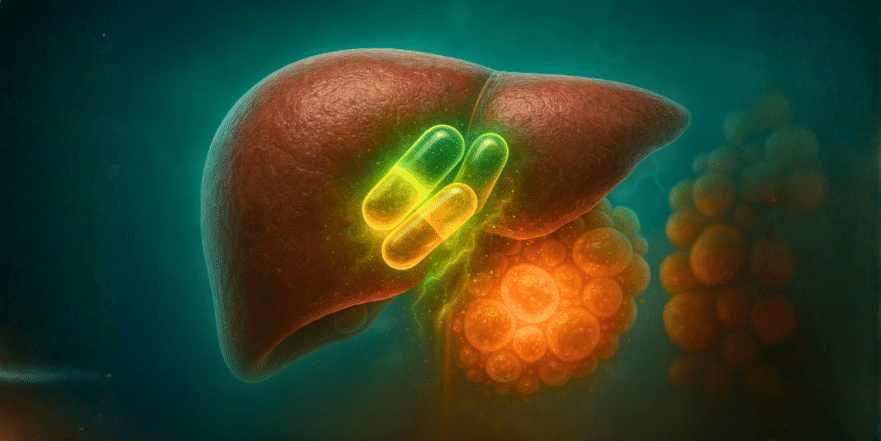
Have you ever strolled down the supplement aisle, seeing all those brightly colored bottles promising better health, more energy, and longer life? It’s tempting to grab a multivitamin and toss it in your cart, trusting it’ll fill in any nutritional gaps. But here’s what most people don’t realize: Not all supplements are created equal, and some contain forms of vitamins and minerals that can actually do more harm than good.
Let’s explore the ten most dangerous (and shockingly common!) vitamins and minerals you should avoid, not because they don’t work, but because they can seriously hurt your health. Spoiler alert: Most big supplement brands use these ingredients because they’re dirt cheap. Your health deserves better, so let’s break it down so you can shop smarter and stay safe.
Key Takeaways
- Synthetic and low-quality forms of common vitamins and minerals are widely used due to their low cost, but they can be toxic or ineffective in your body.
- The right form of a nutrient often comes from whole foods or high-quality natural supplements.
- Always read supplement labels carefully, and aim to get most of your nutrients from real foods when possible.
- Avoiding the common culprits below can protect your liver, heart, brain, and overall health, especially if you have certain genetic predispositions.
1. Synthetic Vitamin A (Retinyl Palmitate or Retinyl Acetate)
You need vitamin A for your immune system, vision, skin, and mucous membranes, but synthetic vitamin A builds up in your liver and fat cells and can become toxic fast. This is especially dangerous for pregnant women (hello, risk for birth defects!), and it can also mess with your vitamin D and K2 levels, making bones weaker.
Watch out: Many creams and lotions use synthetic vitamin A too. If it’s exposed to the sun (UV light), it can actually increase your risk for skin cancer. The label giveaways are words like retinyl palmitate or retinyl acetate. For a safer source, eat more egg yolks, liver, and cod liver oil instead.
2. Synthetic Beta-Carotene
Don’t confuse beta-carotene with vitamin A. While veggies like carrots contain beta-carotene, the synthetic stuff is often made from coal or petroleum, and studies have shown it actually raised lung cancer risk in smokers! Naturally occurring beta-carotene can be protective, but the synthetic version may flip the cancer switch, especially in people with lung damage.
If you see beta-carotene on a label and it isn’t from a natural source, give it a hard pass.
3. Folic Acid (Synthetic Vitamin B9)
Folic acid is the cheap, synthetic version of vitamin B9 you’ll find added to many supplements and processed foods. About a third of people on the planet (maybe you!) have a gene variation (MTHFR) that prevents them from converting folic acid into its usable form, folate. The result? Folic acid builds up in the blood, increasing cancer risk and tanking your immunity.
TIP: Always look for folate (not folic acid) and load up on dark, leafy greens for natural vitamin B9.
4. Synthetic B12 (Cyanocobalamin)
The most common B12 supplement is cyanocobalamin—yes, that “cyano” means it contains a little cyanide. While it’s not instantly deadly, it’s not as effective as natural methylcobalamin and can deplete your body’s glutathione, an essential antioxidant. If you smoke or have certain genetic issues with detox pathways, this combo can be extra risky.
For naturally occurring B12, stick to red meat or liver. Only supplement with methylcobalamin if you need a boost.
5. Calcium Carbonate
Look at that heavy supplement bottle—yep, it’s weighed down with calcium carbonate. It’s basically ground-up rock (chalk!), poorly absorbed, and can build up in your arteries or kidneys, increasing your heart attack risk. Plus, taking excess calcium without enough magnesium (should be a 1:1 ratio!) can cause major magnesium deficiency.
You’re better off getting calcium from dairy, yogurt, cheese, certain leafy greens, and fermented products rather than supplements with this rock-hard filler.
6. Iron (Ferrous Sulfate)
Iron is tricky: it’s essential for health, but ferrous sulfate (the typical supplement kind) can be corrosive and is hard to eliminate from the body. Men and postmenopausal women are especially at risk for iron overload unless they regularly donate blood. Too much iron can increase your risk for type 2 diabetes, liver problems, or even neurodegenerative diseases like Alzheimer’s or Parkinson’s.
Skip iron-fortified foods and supplements, especially if you’re not iron deficient. If you do need more iron, choose foods like liver and red meat.
7. Magnesium Oxide
Magnesium is vital for muscle relaxation, sleep, and heart health. Sounds good, right? But magnesium oxide, which is dirt-cheap and common in supplements, is absorbed so poorly (only about 3%!) you get almost none of the benefit—plus, it can cause diarrhea as you take more, flushing out essential electrolytes.
Instead, opt for magnesium glycinate, which is highly absorbable (up to 85%), gentle on the stomach, and actually works.
8. Synthetic Vitamin D (Ergocalciferol, or D2)
Vitamin D is a must for immunity, bones, and mood. The bad news? Vitamin D2 (ergocalciferol), still commonly prescribed or added to supplements, is made by irradiating fungus or yeast. It doesn’t convert well to the active form in your body and doesn’t bind as strongly to the proteins that deliver vitamin D to where you need it.
Choose vitamin D3 (cholecalciferol) from fish, cod liver oil, egg yolks, or high-quality supplements for the real deal.
9. Omega-6 (Especially Linoleic Acid in Supplements)
Fatty acids are essential, but most of us are drowning in omega-6, which is super inflammatory in excess. The balance should be about equal parts omega-6 to omega-3, but the typical American diet supplies 25 times more omega-6, mostly from seed oils and supplements.
Skip any supplement or processed food adding omega-6 or linoleic acid. Focus on getting your healthy fats from fish, grass-fed meats, and cod liver oil for a much better omega balance.
10. Copper (Low-Quality or Unbalanced in Supplements)
We all need a little copper, but excess—especially from poor quality or high-dose supplements—can be toxic, particularly if it’s not balanced with enough zinc. Too much copper flips from being an antioxidant to causing oxidative damage, potentially leading to Alzheimer’s and brain inflammation.
Get copper naturally from small amounts of liver, shellfish, or dark chocolate, and if you do supplement, make sure it contains the proper ratio of minerals—about 10 parts zinc to 1 part copper.
Final Thoughts
The supplement industry is a wild place, loaded with cheap and potentially harmful ingredients. Most major vitamin brands are owned by pharmaceutical, chemical, or junk food companies, and their number one goal is profit—not your health. By being choosy about what you put in your body and seeking nutrients from real food first, you’re giving yourself a real edge.
Next time you reach for a multivitamin, pause: check the label, look for natural forms of nutrients, and remember—cheaper is not always better. You deserve safe, effective nutrition. Stay healthy, stay sharp, and don’t be afraid to dig into the details before you buy!
Source: Dr. Eric Berg

